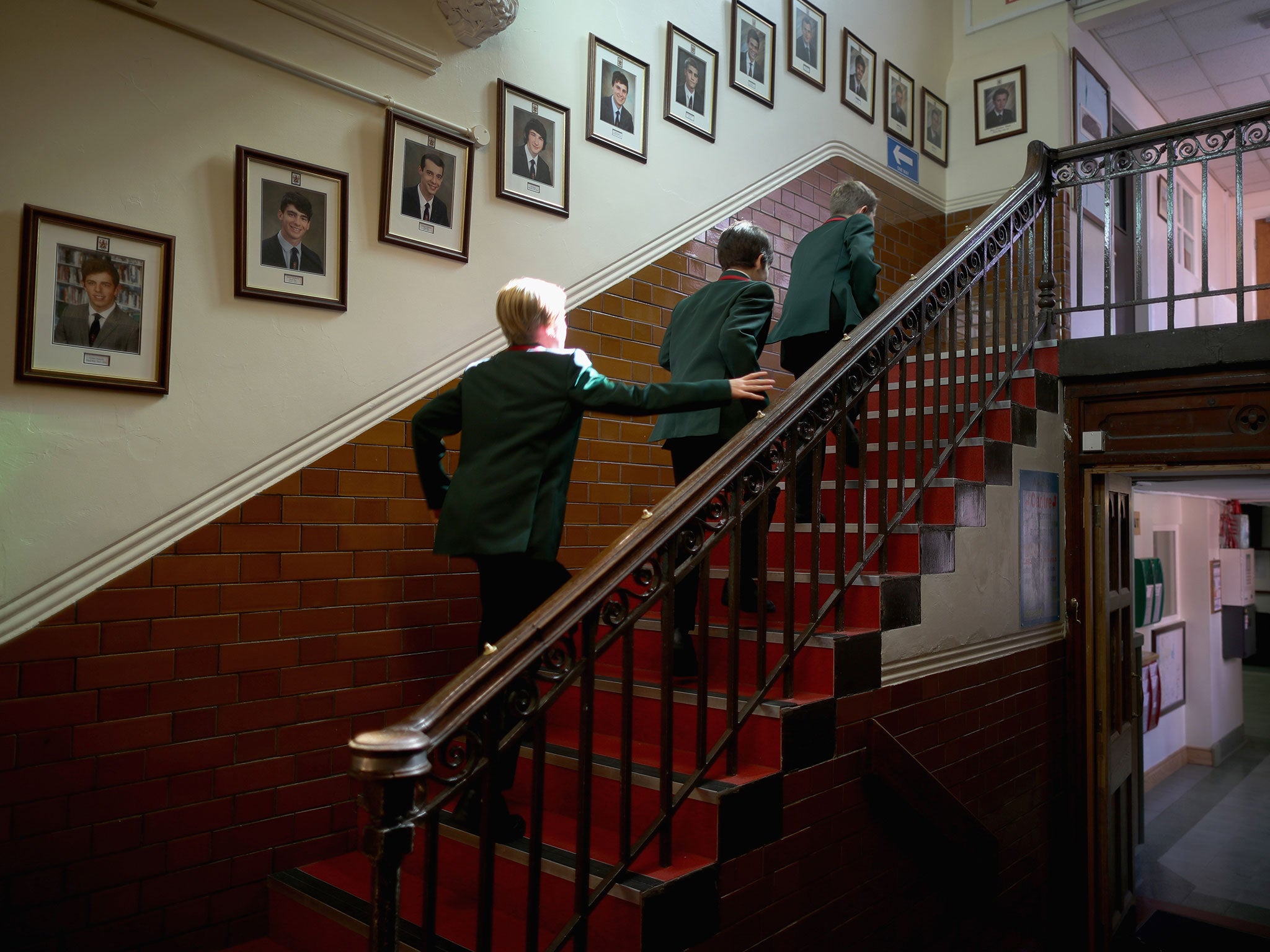Most teachers against new wave of grammar schools, survey suggests
Theresa May pledged to make Britain ‘the great meritocracy of the world’ when she announced plans to lift the long-standing ban on new grammars

Your support helps us to tell the story
From reproductive rights to climate change to Big Tech, The Independent is on the ground when the story is developing. Whether it's investigating the financials of Elon Musk's pro-Trump PAC or producing our latest documentary, 'The A Word', which shines a light on the American women fighting for reproductive rights, we know how important it is to parse out the facts from the messaging.
At such a critical moment in US history, we need reporters on the ground. Your donation allows us to keep sending journalists to speak to both sides of the story.
The Independent is trusted by Americans across the entire political spectrum. And unlike many other quality news outlets, we choose not to lock Americans out of our reporting and analysis with paywalls. We believe quality journalism should be available to everyone, paid for by those who can afford it.
Your support makes all the difference.Teachers and school leaders overwhelmingly oppose Theresa May's plans for a new wave of grammar schools, a survey has found.
Some eight out of 10 teachers and heads are against the selection proposals and also do not believe the tests taken at age 11 can measure academic potential, according to the research.
It also found 85 per cent do not believe the selection process can be designed to stop other factors, such as parental engagement or income, playing a part.
Most also said they believed there was no evidence to back up the Prime Minister's controversial policy.
The study was based on the responses of more than 2,500 teachers, school leaders and heads to a poll conducted by NAHT (National Association of Head Teachers), the Association of School and College Leaders (ASCL) and charity Teach First.
Russell Hobby, general secretary of the NAHT, said: “Increasing the number of grammar schools will lower standards and restrict opportunity. We cannot afford such an elitist policy in the 21st century - as many students as possible need a high quality academic education. This is a terrible distraction from the issues that matter most.”
Ms May pledged to make Britain “the great meritocracy of the world” as she announced plans to lift the long-standing ban on new grammars.
But the proposals are deeply divisive and face a rocky passage through Parliament.
Malcolm Trobe, interim General Secretary of the Association of School and College Leaders, said: “We don't need more selection in the education system. What schools desperately need is enough teachers and enough funding, both of which are in critically short supply.
“The Government should focus on these issues rather than obsessing about an education policy plucked from the 1950s. Our job is to work together to ensure the education system supports all young people to achieve.”
The survey was carried out for campaign organisation the Fair Education Alliance, which has launched a petition calling for the grammar ban to be kept in place.
Teach First founder Brett Wigdortz said: “We are united in our desire to improve social mobility, but it's clear we must use proven policies to achieve this. We know great comprehensive schools and academies are delivering a stretching and ambitious education. We must aim to replicate this for every child, not selecting only a few to be supported to succeed, whilst leaving the majority behind.”
PA
Join our commenting forum
Join thought-provoking conversations, follow other Independent readers and see their replies
Comments